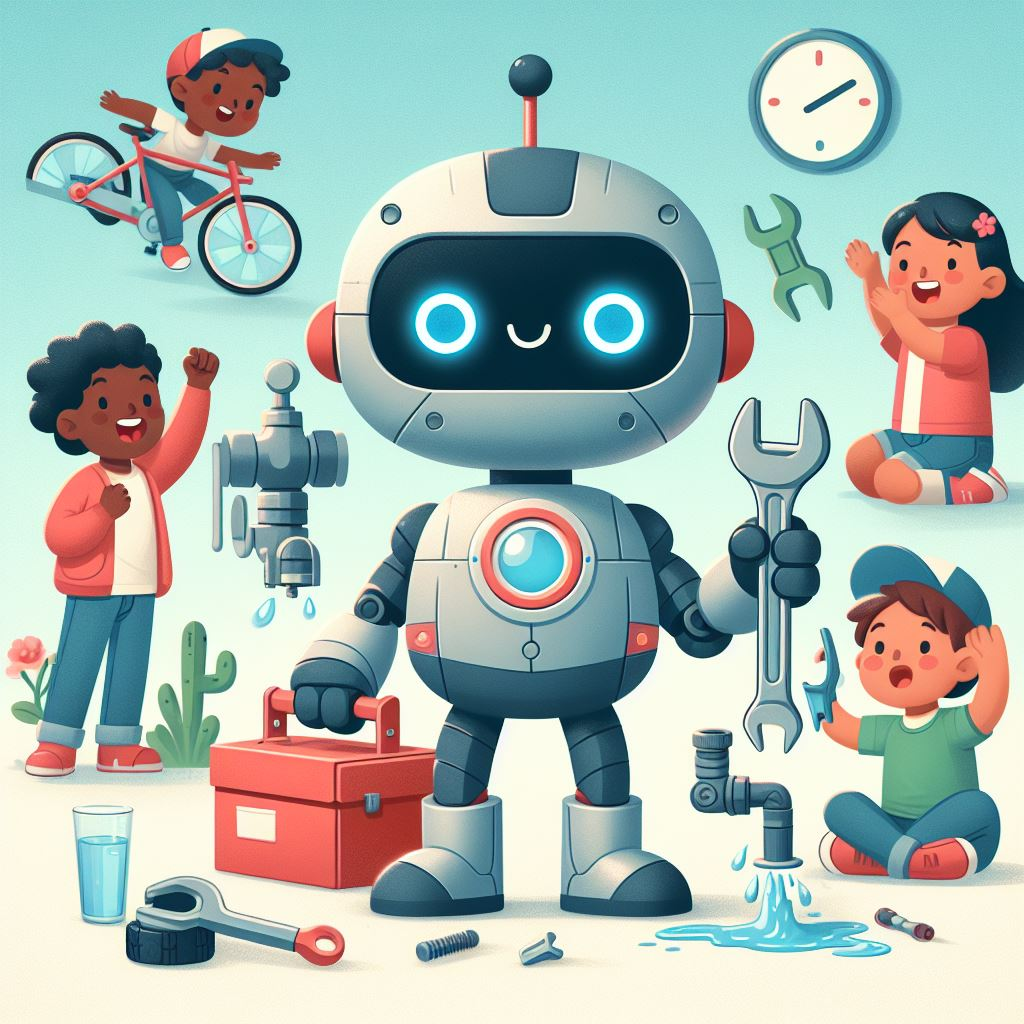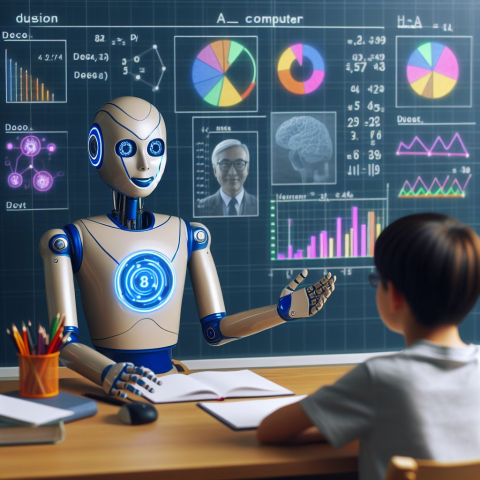What if AI could fix everything?
Tech Talk

by Jeff Shields 2024-05-23

Mo Gawdat, former Chief Business Officer at Google X, acknowledges the potential of AI to solve complex problems but warns about the dangers of unchecked AI development. He believes that without proper ethical guidelines, AI could lead to catastrophic consequences for humanity. Gawdat emphasizes the importance of creating AI with human values and moral principles to ensure that it serves the best interests of society. He strongly advocates for collaboration between technology, ethics, and policy-making experts, a reminder of the collective responsibility we all share in shaping the future of AI. This collaboration, he argues, is crucial to establish regulations and safeguards for AI development. Ultimately, Gawdat encourages responsible and mindful AI advancement to mitigate the potential risks of its proliferation, a shared goal that requires our collective effort.
I agree with that sentiment.
Recently, he asked, "What if AI could fix everything?"
Ignoring the vast societal questions on health care, poverty and climate change, let's address a more personal case.
I was migrating all my web clients to a new server as it was approaching its end of life on June 30th, 2024. I spent the last year investigating different approaches by conducting Google searches, reading various results, and watching videos. Even for a technically savvy individual such as myself, I found conflicting information. Do this, don't do this, back and forth.
At the beginning of this year, I turned to AI to answer my questions. Last weekend, I migrated my server with minimal problems, which went smoothly.
Recently, he asked, "What if AI could fix everything?"
What's my point?
Excellent question. So, I started playing with AI to solve problems, i.e., fix them. This led to a whole new understanding of how to approach AI. I learned how to rephrase my prompts—context matters.
I don't know what AI knows, but it knows what it knows and doesn't know. Providing context is necessary to get good results. I found a blog post about this topic, and the author had a great solution. For his prompts, he adds, "Before you begin, ask me any questions you may have so I can provide context. Be extremely comprehensive." Wow, what a game-changer.
We are planning a trip to Hawaii this fall, and I was looking for things for us to do. I started with Google searches and found all the Hawaii websites listing all the tourist things to do, but then I had to whittle it all down.
Then I turned to AI and asked, "We are planning a trip to Hawaii in the fall; list ten activities we can do." What I got was what I found by Googling.
However, when I added the bit about asking me any questions it might have, AI asked a series of questions such as age, activity level, budget, main interests, and a couple more. After I answered the AI questions, I got a response tailored to our specific circumstances—much more useful.

So, how does this fix everything?
As parents, we can help educate our children by using AI as a tutor, not by having AI write our kids' essays.
Individuals can use AI to learn by simply asking, "Explain [topic of interest] to me in simple terms."
Another example?
I used this prompt: "Using the persona of a university biology professor speaking to a class of first-year medical students, explain the principles of DNA." I received a dry, long academic answer.
Then I asked it to "Explain this to a 5-year-old child in humorous tones". I was presented with a short, funny, understandable answer.
Then I said, "As a five-year-old, explain what you just learned to your mother in a very serious tone." The answer made me laugh out loud.
Anyway, don't let AI frighten you. It is coming to a device near you. Embrace the potential, be wary of the pitfalls and have fun.
